In the world of business, decision-making is often likened to an arduous task—one that requires more than intuition and a knack for numbers. Successful choices rely on a complex mix of psychological influences, biases, and sometimes even philosophical reflections. Increasingly, business schools and professionals are recognizing the profound impact of behavioral science on decision-making, urging future leaders to be educated in this nuanced field.
On day 3rd of FRC 2024, Research Grant Competition (RGC) turned the focus to understanding the depths of behavioral science, psychology, and the unseen factors guiding our decisions. Under the banner of “Rethink, Reimagine, Redesign,” we explored how insights from behavioral science explain the complexities of human choice and, ultimately, improve business practices. Hosted by the Center for Behavioral Insights (CBI), the event’s theme set the stage for a deep dive into the science behind human behavior, one that business students today must understand to build more empathetic, effective strategies for the future.
Prof. Kokil Jain, Dean of Research at FIIB, opened the event by tracing the origins of behavioral insights, illustrating how this field synthesizes psychology, economics, and anthropology. behavioral science, she explained, seeks to uncover the reasons behind our actions—why we favour certain options over others and how we can be nudged toward more informed choices. If ancient Greek philosophers like Socrates questioned, “How should one live?”, today’s behavioral scientists might reframe this as “How should one decide?” Much like the Greeks’ pursuit of wisdom, behavioral science guides decision-makers through mental pitfalls and challenges.
According to Huma Khan, Director of Behavioral Research at Fidelity Investments, the path from decision to action is “a labyrinth of choices influenced by unseen psychological barriers.” For instance, a business leader may understand what action is optimal but still hesitate, hindered by biases or fear of negative outcomes. behavioral scientists aim to clarify this process by defining problems in psychological terms, diagnosing barriers, and crafting hypotheses. Testing—through A/B trials, for example—is essential to ensure these solutions are not only theoretically sound but also practical, resilient against biases and variability.
These principles are not only applicable to business decisions but can also create meaningful societal impacts, as Ms. Khan highlighted. behavioral insights can nudge individuals toward sustainable habits, influencing both environmental and social welfare. In her view, it’s not merely about making good business decisions but about fostering habits that can contribute to solving global challenges. This approach extends the traditional business mindset, inviting leaders to consider not only what is profitable but what is sustainable—a Socratic questioning of business’s purpose and responsibility in society.
In addition to individual decision-making, businesses often confront the challenge of forecasting future trends—an art as complex as ancient philosophy. Prof. Russell W. Belk of York University’s Schulich School of Business dove into this concept, noting that, unlike in classical studies where philosophers debated the nature of reality, forecasters debate the forces that will shape our future. “There’s no singular formula to determine what will happen next,” he asserted, as if echoing the uncertainties that Plato explored in his own dialectics. Prof. Belk reminded the audience that while technological trends like AI might be considered a bubble in the West, India’s growing investment in IT challenges that notion, revealing the varied lenses through which different cultures perceive innovation.
Complementing these philosophical discussions, the event featured an Ideation Bootcamp, aimed at harnessing creativity to address pressing real-world challenges. Participants immersed themselves in sessions like “Planet Priorities,” focusing on environmental sustainability, and “Customer Patterns,” exploring gaps in consumer behavior research. Guided by behavioral insights, participants sought solutions that were both visionary and grounded in the scientific understanding of human behavior.
This interplay between data and emotion is about understanding how data and instincts combine to shape human perception and drive business decisions. The panel emphasized the importance of guarding against biases such as the “gap instinct” and “negative instinct,” terms inspired by psychologist Hans Rosling. By recognising and overcoming these biases, business leaders can make decisions that are both informed and empathetic.
Behavioral science is not just another business tool; it’s a bridge between disciplines, uniting philosophy, psychology, and pragmatism. For students and practitioners alike, understanding behavioral science offers a fresh perspective on decision-making—one that values both the power of rationality and the subtle, often irrational nuances of human nature.
As part of FIIB’s commitment to shaping future leaders, the Center for Behavioral Insights (CBI) continues to drive forward-thinking discussions on how behavioral science can transform business practices.To explore more on how behavioral insights are influencing decision-making, visit https://www.fiib.edu.in/centre-for-behavioral-insights.

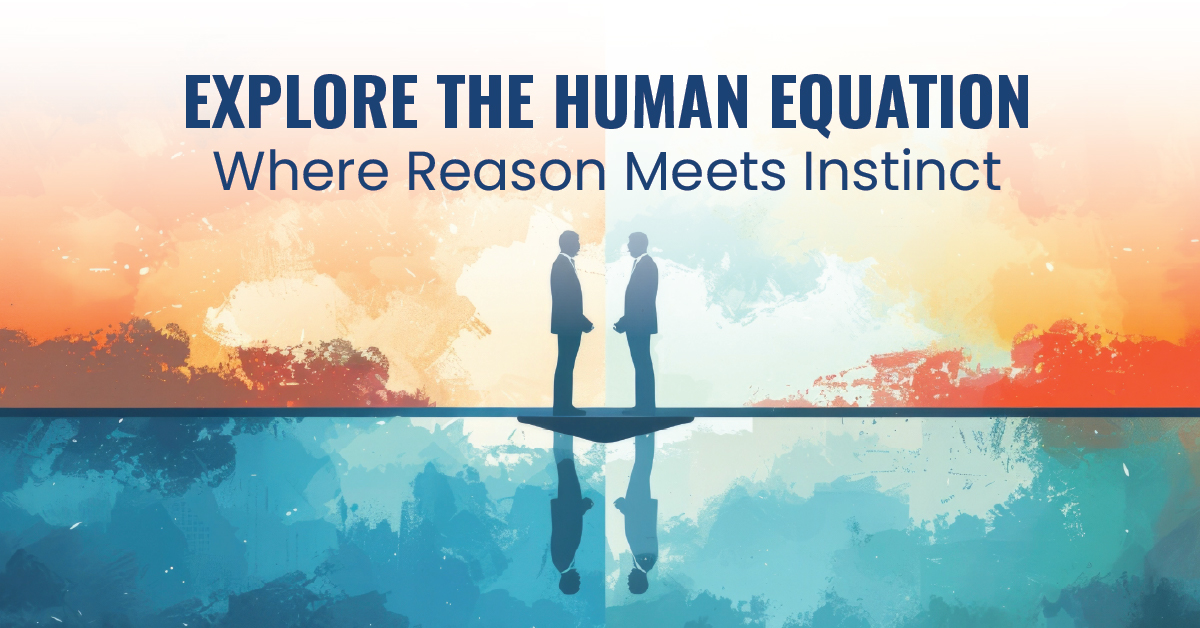
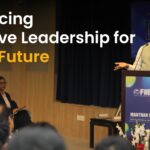

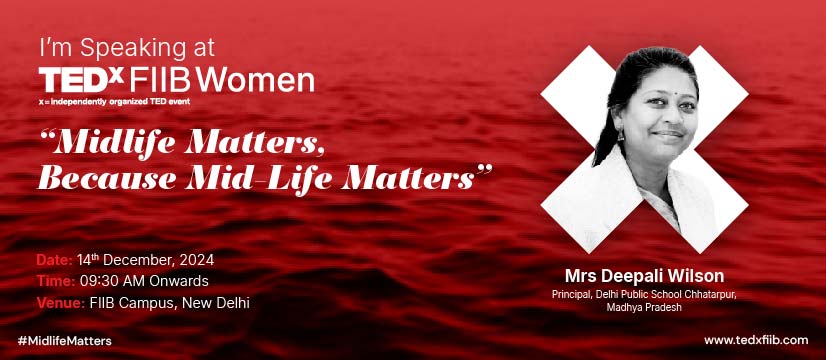
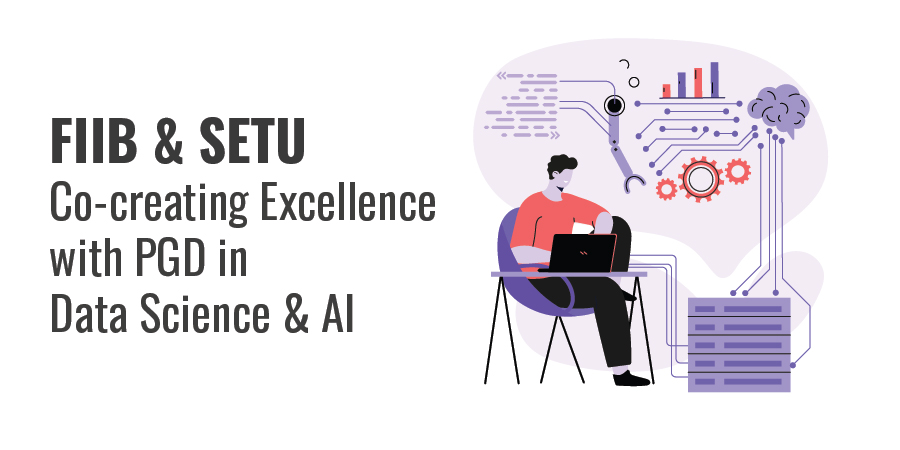
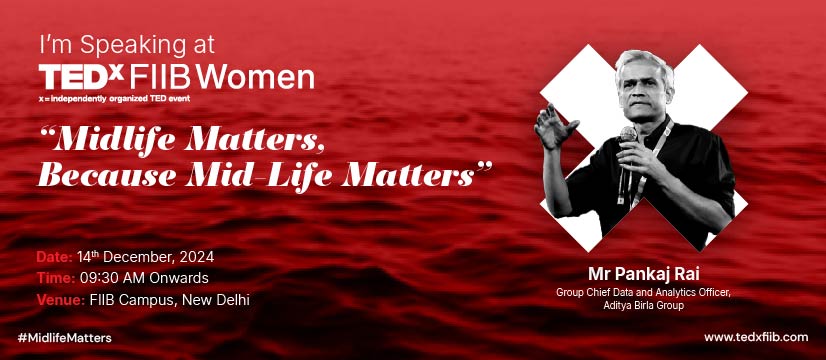
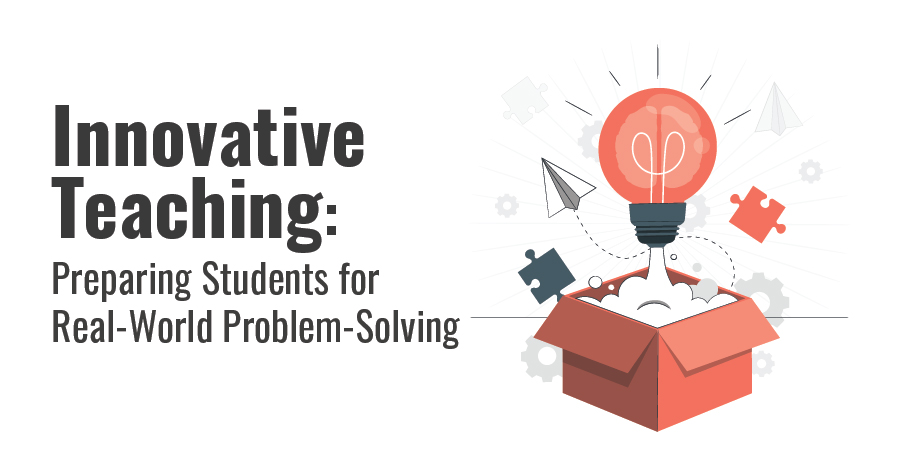
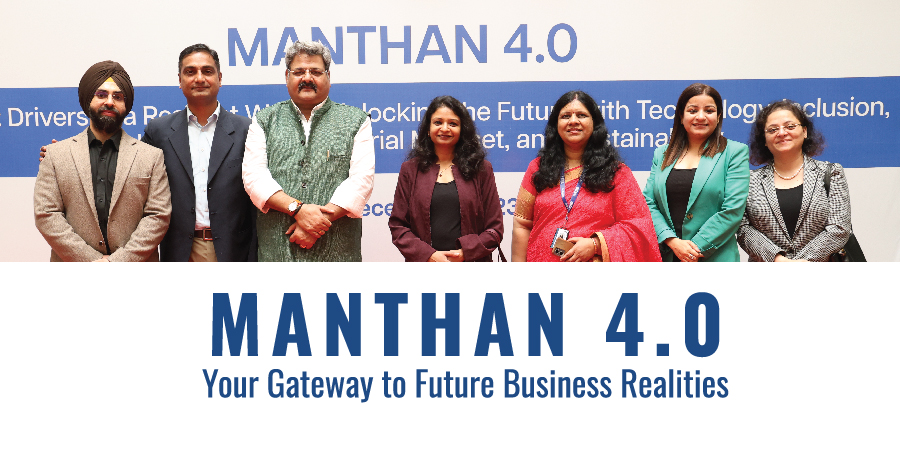
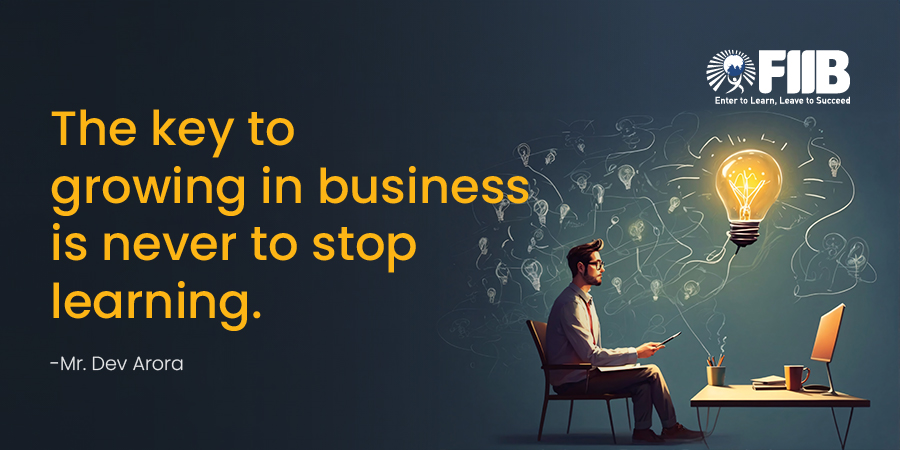
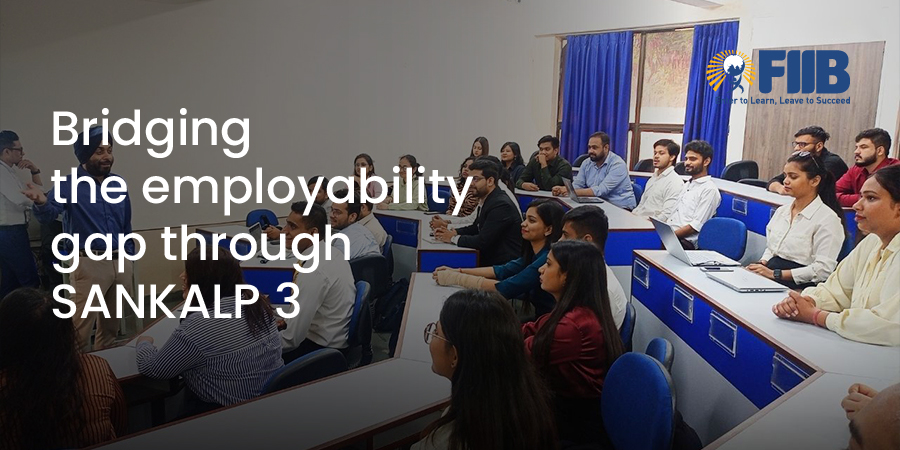


Leave a comment